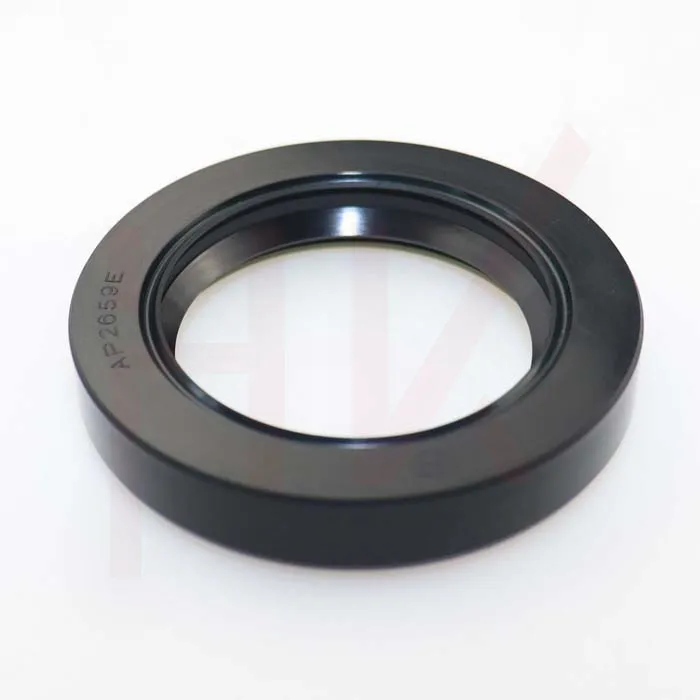Oct . 07, 2024 13:57 Back to list
ptfe wiper seal
Understanding PTFE Wiper Seals A Comprehensive Overview
PTFE wiper seals, commonly known as Polytetrafluoroethylene seals, are an essential component in various machinery and equipment, especially in hydraulic and pneumatic systems. These seals provide a critical function by preventing contaminants from entering the system while ensuring the efficient operation of movable components. This article explores the characteristics, applications, advantages, and maintenance of PTFE wiper seals.
Characteristics of PTFE Wiper Seals
One of the most remarkable features of PTFE is its exceptional chemical resistance. This property makes PTFE wiper seals suitable for use in environments where exposure to aggressive chemicals, oils, and solvents is prevalent. In addition, PTFE has a high-temperature tolerance, maintaining its integrity even in elevated temperatures, which is crucial in many industrial applications.
PTFE wiper seals also showcase low friction coefficients, meaning they provide efficient sealing without generating excessive wear on the surfaces they contact. This characteristic is particularly beneficial in applications involving continuous movement, as it minimizes the energy required for operation.
Applications of PTFE Wiper Seals
PTFE wiper seals are utilized in a wide range of industries including automotive, aerospace, chemical, and manufacturing. In hydraulic systems, they are commonly employed to protect cylinder rods from dust, dirt, and other contaminants that could lead to premature wear or failure. In pneumatic systems, they play a similar role by ensuring that air quality is maintained and operational efficiency is upheld.
ptfe wiper seal

Moreover, PTFE wiper seals find applications in food processing and pharmaceutical industries, where the purity of materials is critical. The non-stick nature of PTFE prevents debris from adhering to the surfaces, thereby reducing contamination risks.
Advantages of Using PTFE Wiper Seals
The primary advantage of PTFE wiper seals is their durability. They can withstand harsh operating conditions, thus extending the lifespan of the machinery they protect. This durability often translates to reduced maintenance costs and increased reliability, making them a cost-effective solution in the long run.
Additionally, the versatility of PTFE allows for customization in design and size to meet specific application needs, ensuring that they can effectively seal various system configurations. Furthermore, their low maintenance requirements contribute to operational efficiency, as businesses can focus on production rather than on frequent repairs or replacements.
Maintenance Considerations
While PTFE wiper seals are designed to be robust, their effectiveness can be compromised by improper installation or environmental factors. Regular inspections are essential to detect any signs of wear or damage. Ensuring that the surrounding surfaces are clean and free from contaminants can also prolong the life of the seals.
In conclusion, PTFE wiper seals represent a vital component in modern industrial systems, offering a blend of durability, efficiency, and versatility. As industries continue to evolve, the demand for high-performance sealing solutions will undoubtedly grow, positioning PTFE wiper seals as an indispensable element in machinery design and maintenance strategies.
-
TCN Oil Seal Metal Ring Reinforcement for Heavy Machinery
NewsJul.25,2025
-
Rotary Lip Seal Spring-Loaded Design for High-Speed Applications
NewsJul.25,2025
-
Hydraulic Cylinder Seals Polyurethane Material for High-Impact Jobs
NewsJul.25,2025
-
High Pressure Oil Seal Polyurethane Coating Wear Resistance
NewsJul.25,2025
-
Dust Proof Seal Double Lip Design for Construction Equipment
NewsJul.25,2025
-
Hub Seal Polyurethane Wear Resistance in Agricultural Vehicles
NewsJul.25,2025
-
The Trans-formative Journey of Wheel Hub Oil Seals
NewsJun.06,2025
Products categories
















